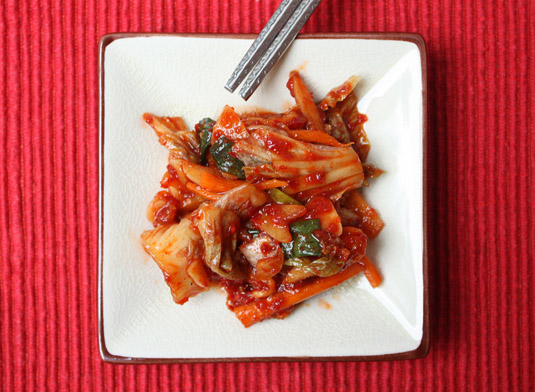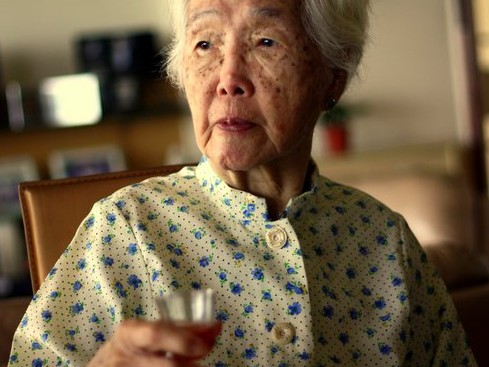“Our samosas are different because we use fresh vegetables and olive oil,” says Saleha Parveen…“We use long bean, cauliflower, cabbage, potato and carrot. Most restaurants just use old oil and potatoes.”

July 3, 2014
Standing on the meridian that splits Park Avenue in half, is La Marqueta, a retail market in East Harlem that has sold food to residents since the 1930s. While the storefront retains the historic feeling of an indoor farmer’s market, Hot Bread Kitchen’s commercial workspace is in the back, hosting small businesses run by immigrant and low-income New Yorkers.
Among these burgeoning entrepreneurs are a tight-knit group of Bangladeshi women, members of a workers’ cooperative called Asha Food Group.
“Our samosas are different because we use fresh vegetables and olive oil,” says Saleha Parveen, one of the founding members of Asha Food Group, a worker cooperative that sells frozen samosas to local businesses. “We use long bean, cauliflower, cabbage, potato and carrot. Most restaurants just use old oil and potatoes.”
They hand-cut their vegetables and let the mixture cook in a large cooking vat. Each samosa is folded into a pat triangle and bagged in a Asha Foods Group-branded Ziploc bag, ready to be frozen. Parveen and her fellow cooperative members rent Hot Bread Kitchen’s space for $10 a day, which gives them a professional place to work and state of the art cooking equipment in a city where running a food business is no easy task.
…the cooperative members rent Hot Bread Kitchen’s space for a $10 a day, which gives them a professional place to work and state of the art cooking equipment in a city where running a food business is no easy task.
Parveen met her fellow cooperative members while they were participants in the ASHA program at Sapna NYC, a North Bronx-based nonprofit that works with women from the rapidly growing Bangladeshi community. ASHA stands for “Action to improve Self-Help and empowerment through Asset Building, and plays on the Bengali word for hope. During the course of six months, the women saved $10 a month, which was matched by Sapna NYC at the completion of the program.
The money is to be used for personal development, whether it be furthering their education or starting an entrepreneurial venture. Parveen, along with five other women, decided to join forces and create a workers’ cooperative.
“By democratically deciding the future of their business, the model is anti-hierarchical and focused on building the business as equal partners,” says Moumita Zaman, Director of Outreach and Advocacy.



